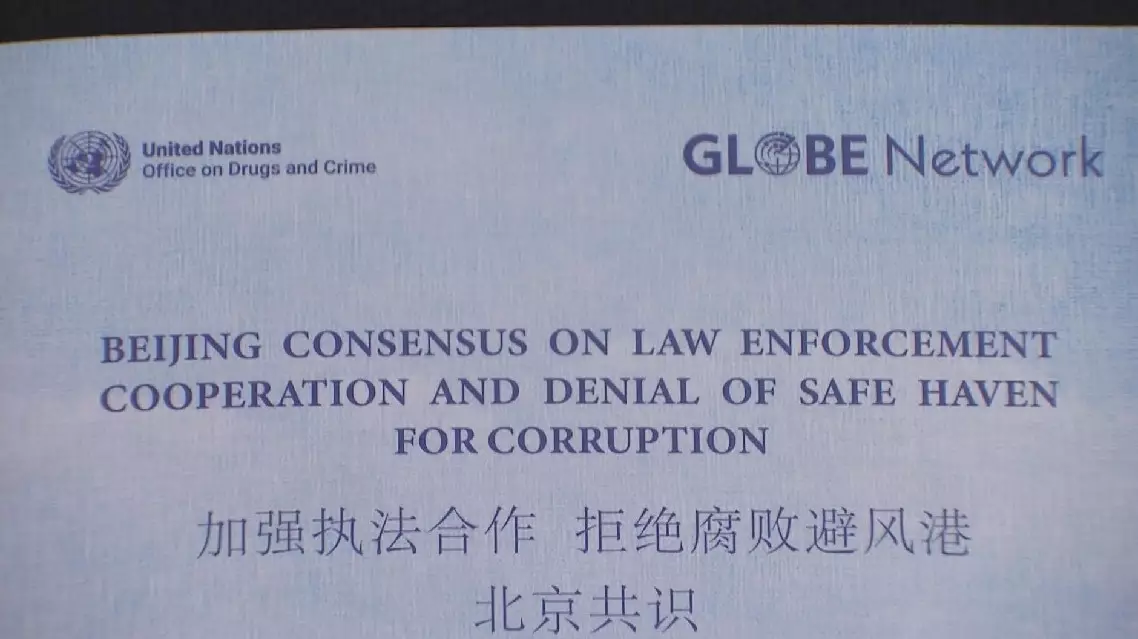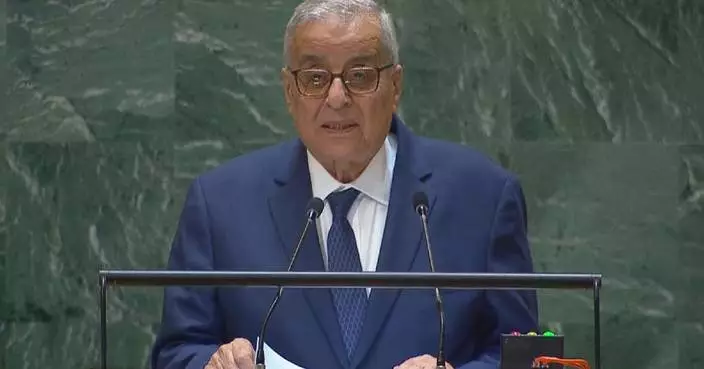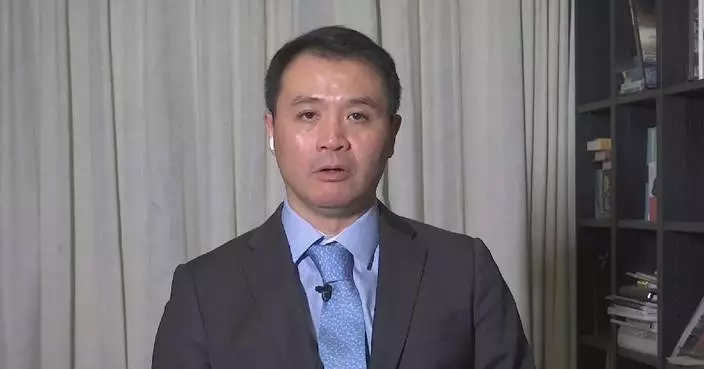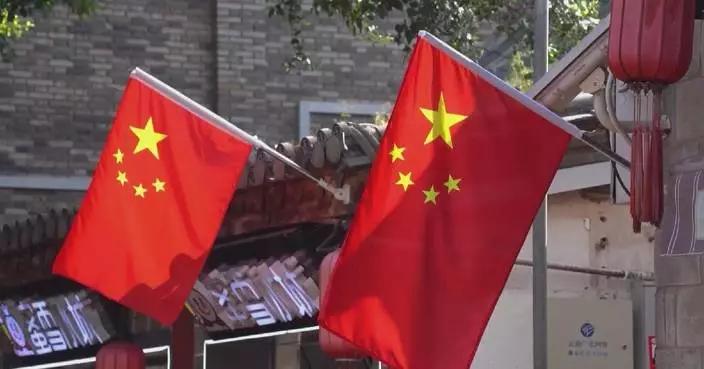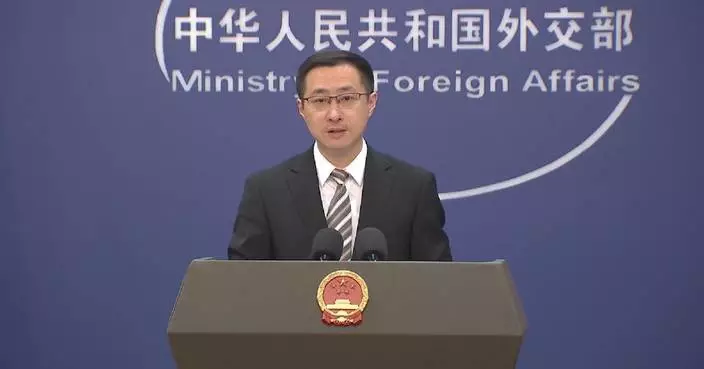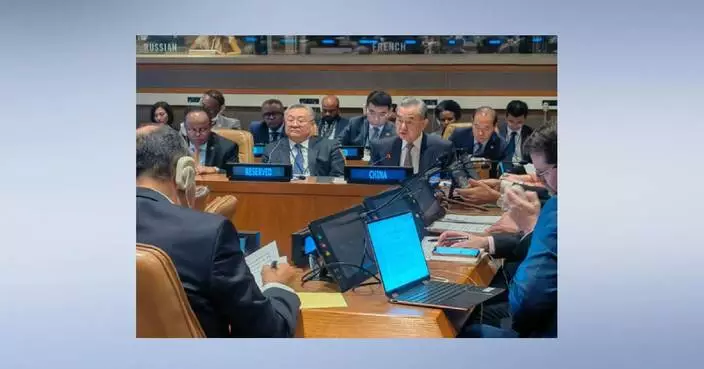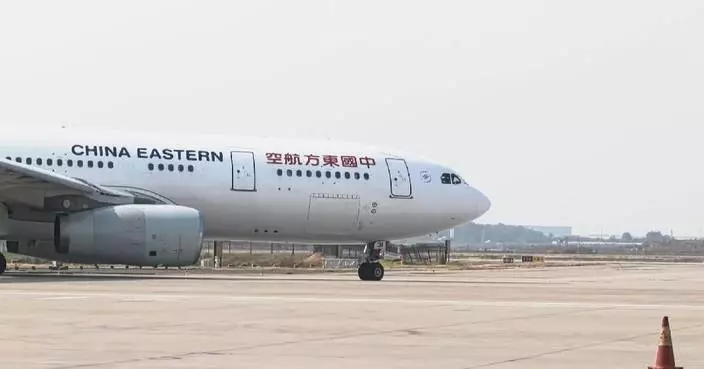As an important representative of the Global South and a responsible major country, China has played a leading role in artificial intelligence (AI) governance and has been actively promoting global AI capacity building so that it can benefit all, an expert.
During the High-Level Meeting on International Cooperation on Capacity-building on Artificial Intelligence at the UN headquarters in New York on Wednesday, Chinese Foreign Minister Wang Yi announced the AI Capacity-Building Action Plan for Good and for All.
Five visions were proposed on cooperation areas that meet the expectation of all parties, in particular the Global South, namely AI infrastructure, industrial empowerment, personnel training, data development and security governance
The Action Plan identifies 10 actions China will take, including promoting AI and digital infrastructure connectivity and carrying out cooperation in research and development and application of models and language resources, better synergizing AI strategies and strengthening policy exchanges, and actively sharing technical practices.
It is aimed at bridging the AI divide and promoting the implementation of the UN 2030 Agenda for Sustainable Development.
"Now, artificial intelligence may further expand a digital divide into an intelligence divide. Artificial intelligence capability building for all is precisely a solution to closing this intelligence divide, so that the development and application of the artificial intelligence capabilities can truly benefit everyone," said Zeng Yi, an expert of the UN High-Level Advisory Board on Artificial Intelligence.
Last October, China proposed the Global AI Governance Initiative, providing a Chinese solution and contributing Chinese wisdom to the contemporary issue of "how to develop and govern AI". China believes that in the process of AI development and governance, efforts should be made to conduct international cooperation with and provide assistance to developing countries to ensure equal rights, opportunities and rules for all, and leave no country behind.
"We anticipate more Chinese contributions to building a UN-led global artificial governance network that can truly enable all member states to participate and leave no one behind," said Zeng.
Chinese Foreign Ministry spokesman Lin Jian told a press briefing in Beijing on Thursday that since the beginning of this year, China has promoted the adoption of the resolution entitled "Enhancing International Cooperation on Capacity-building of Artificial Intelligence" at the UN General Assembly, and held the 2024 World AI Conference and High-Level Meeting on Global AI Governance, and the first Seminar on Capacity Building of Artificial Intelligence.
"The Action Plan as part of the ongoing effort fully reflects China's leading role in global AI governance. We stand ready to work with the international community to implement the Action Plan, ensure that all countries can benefit from the AI dividends, and jointly pave the way for a brighter, more intelligent future," said Lin.

China plays leading role in global AI governance: UN expert

China plays leading role in global AI governance: UN expert


